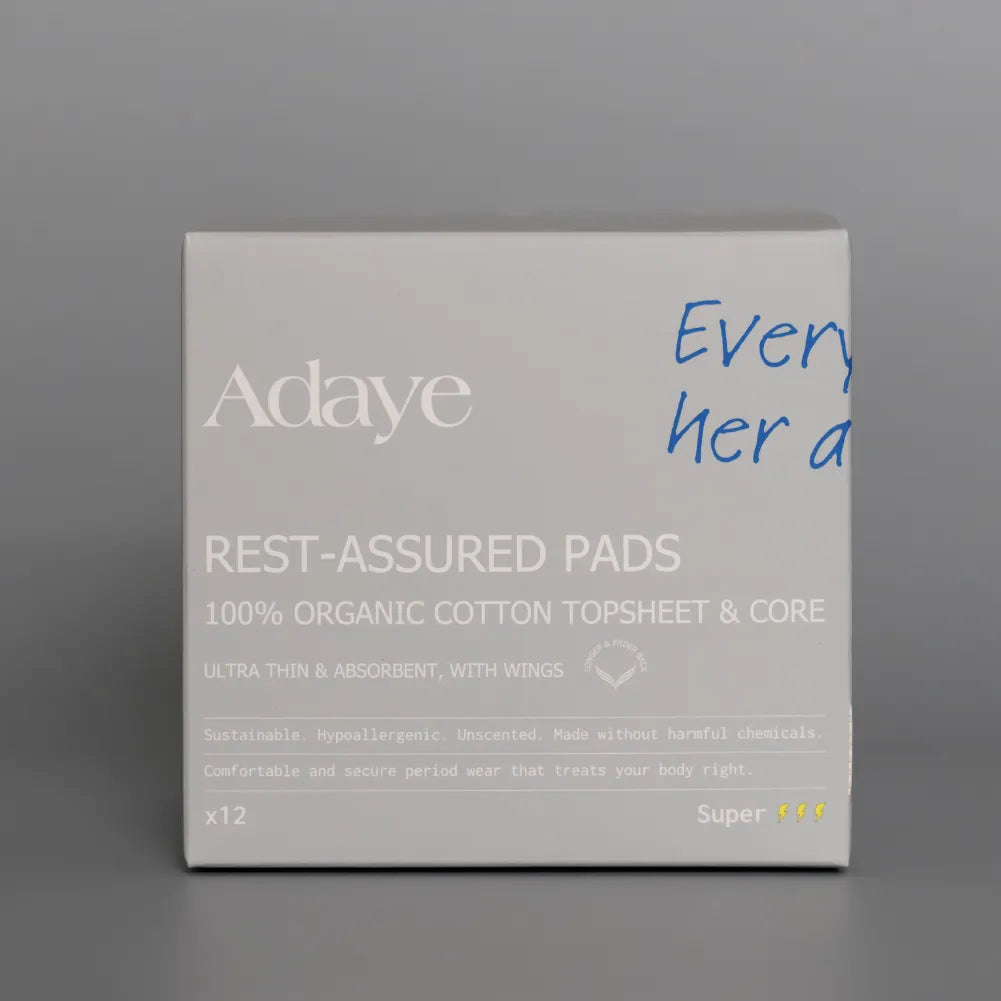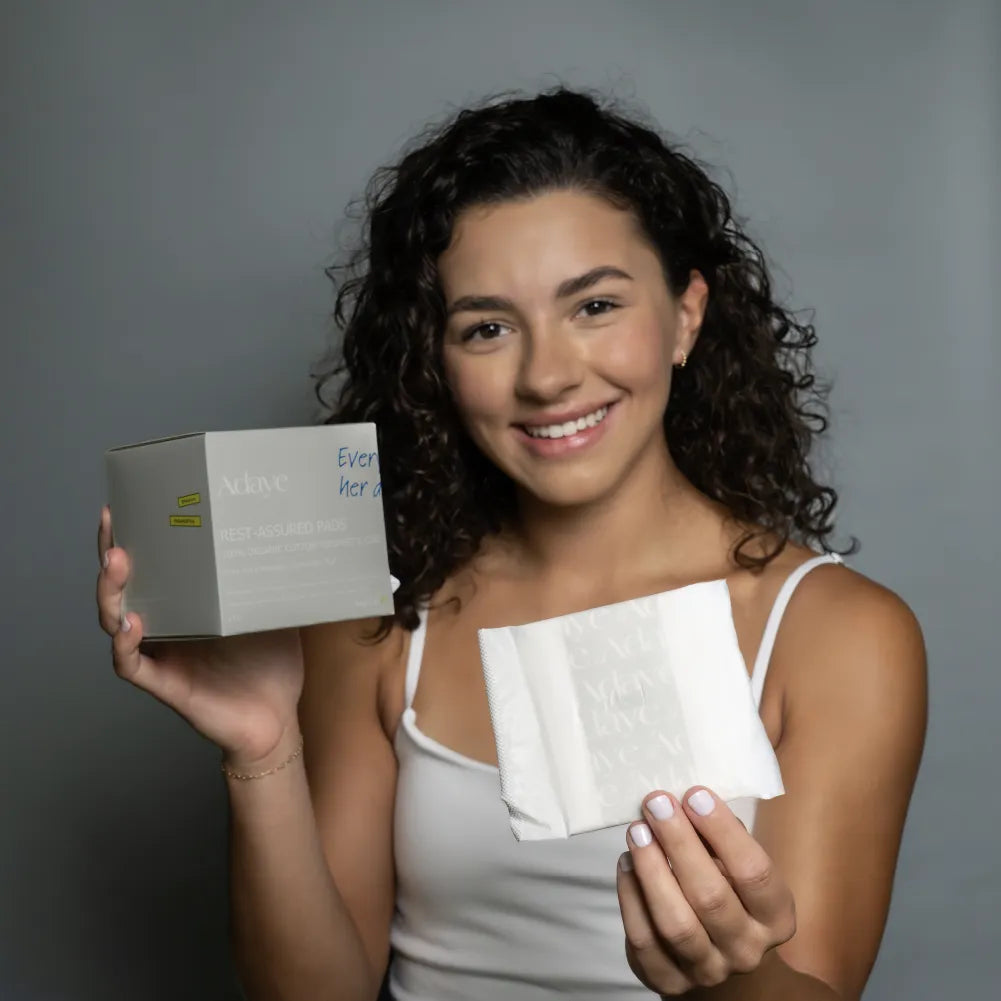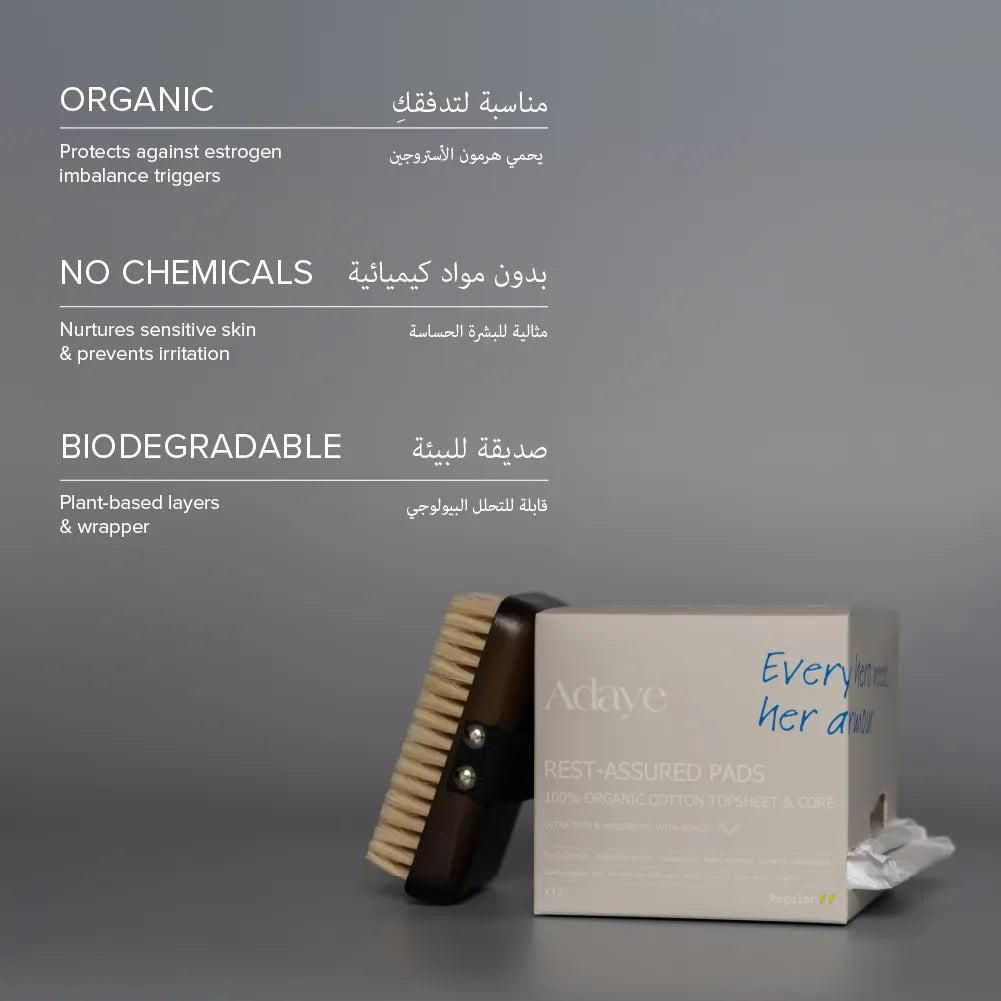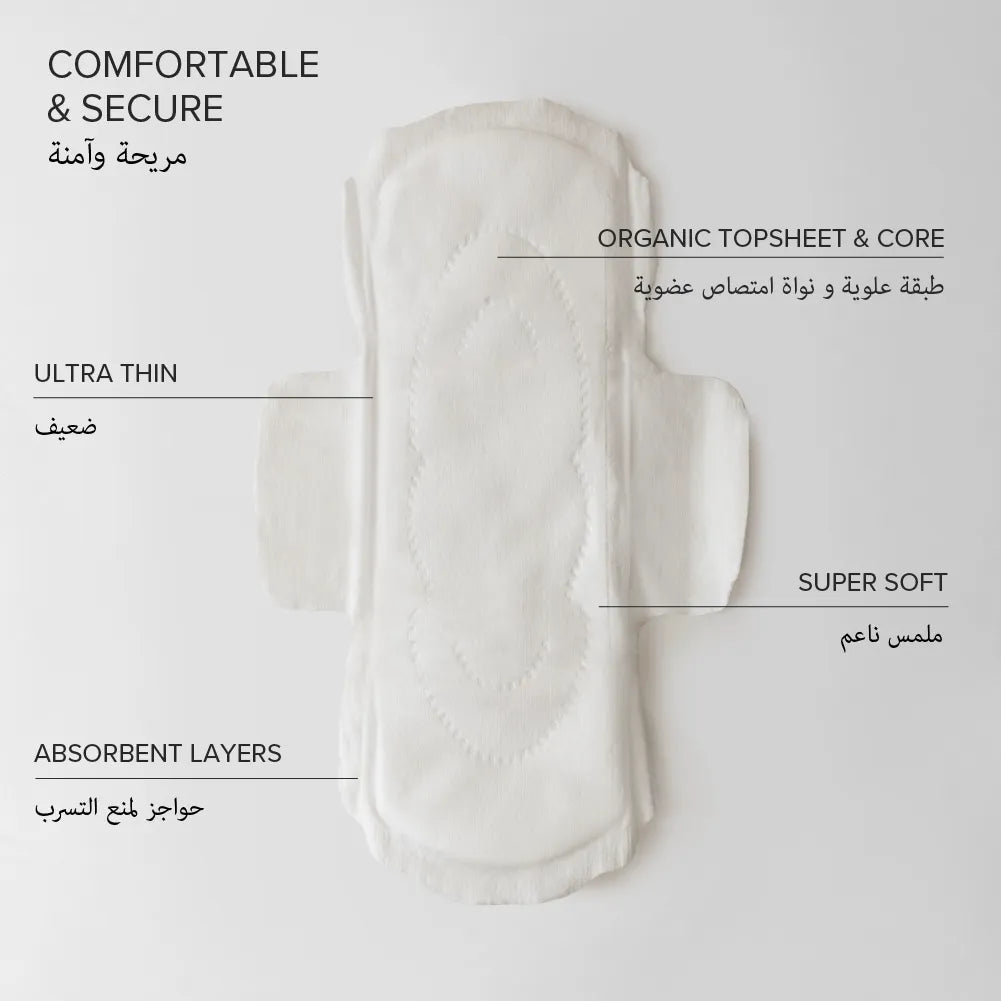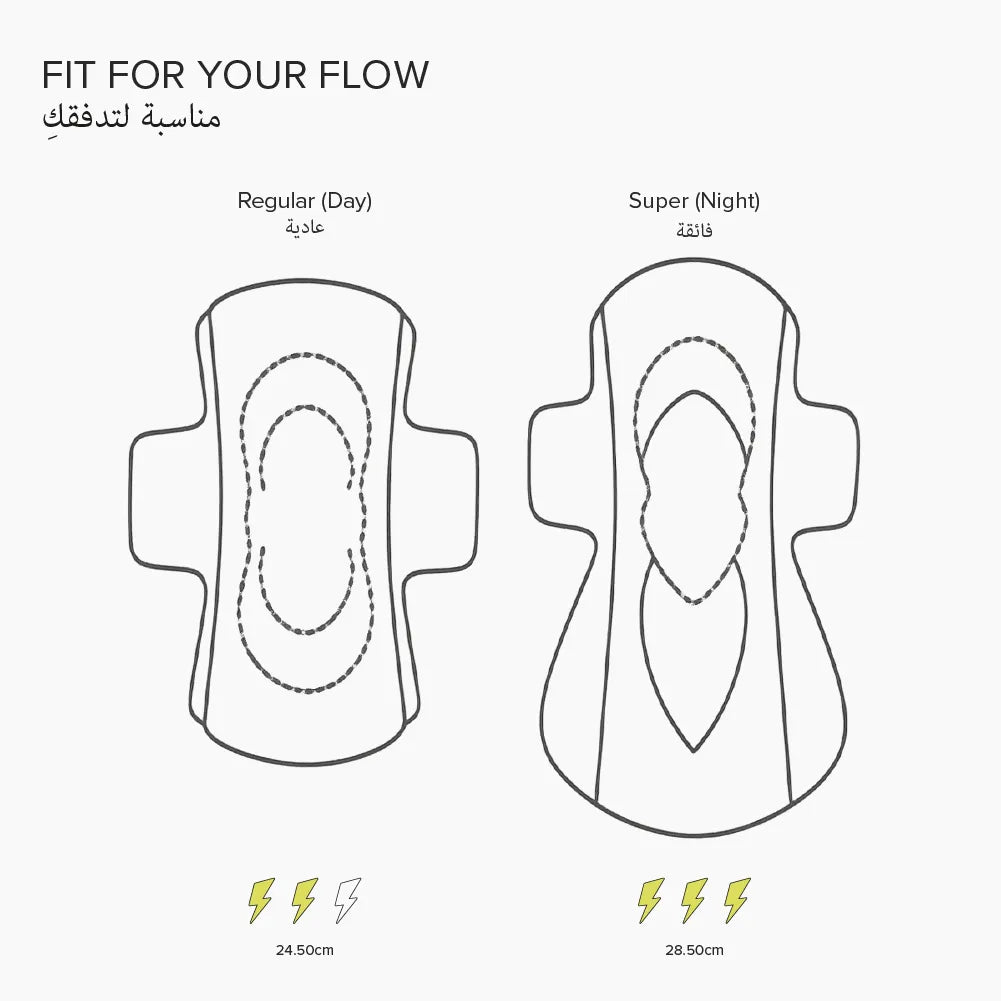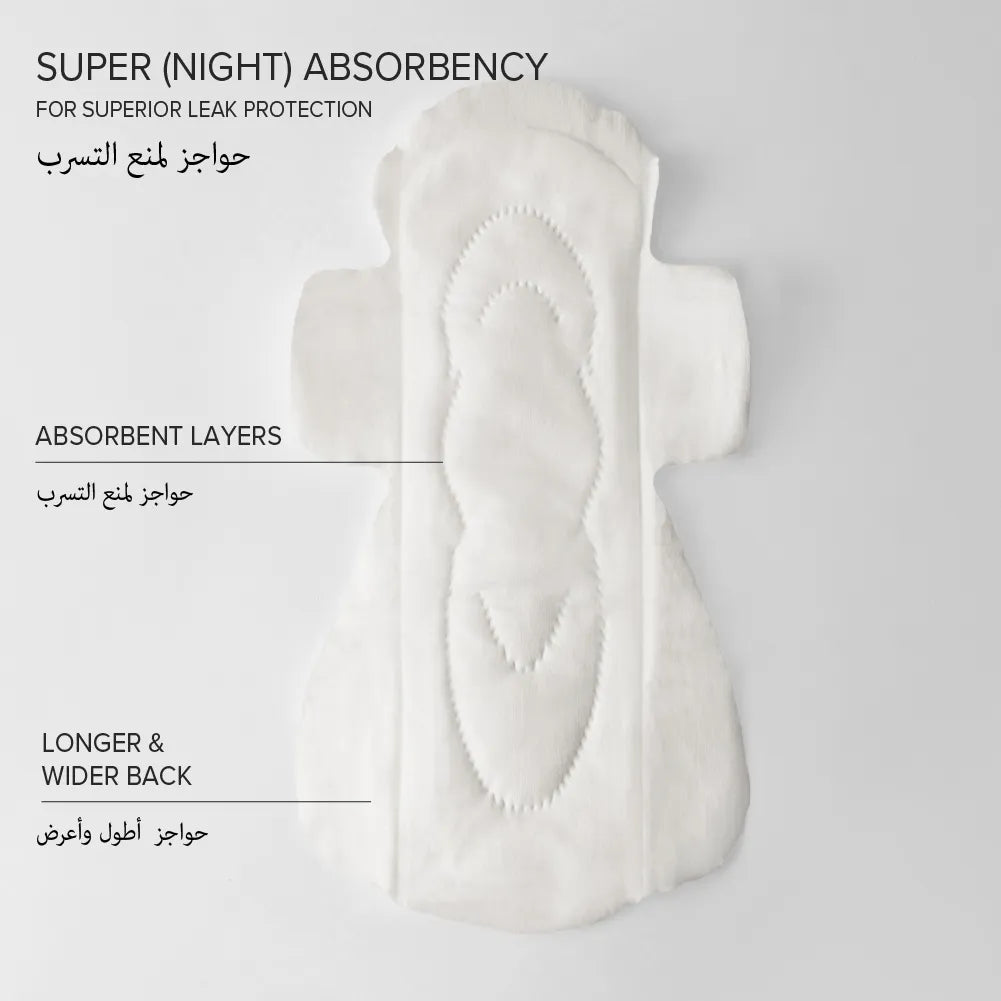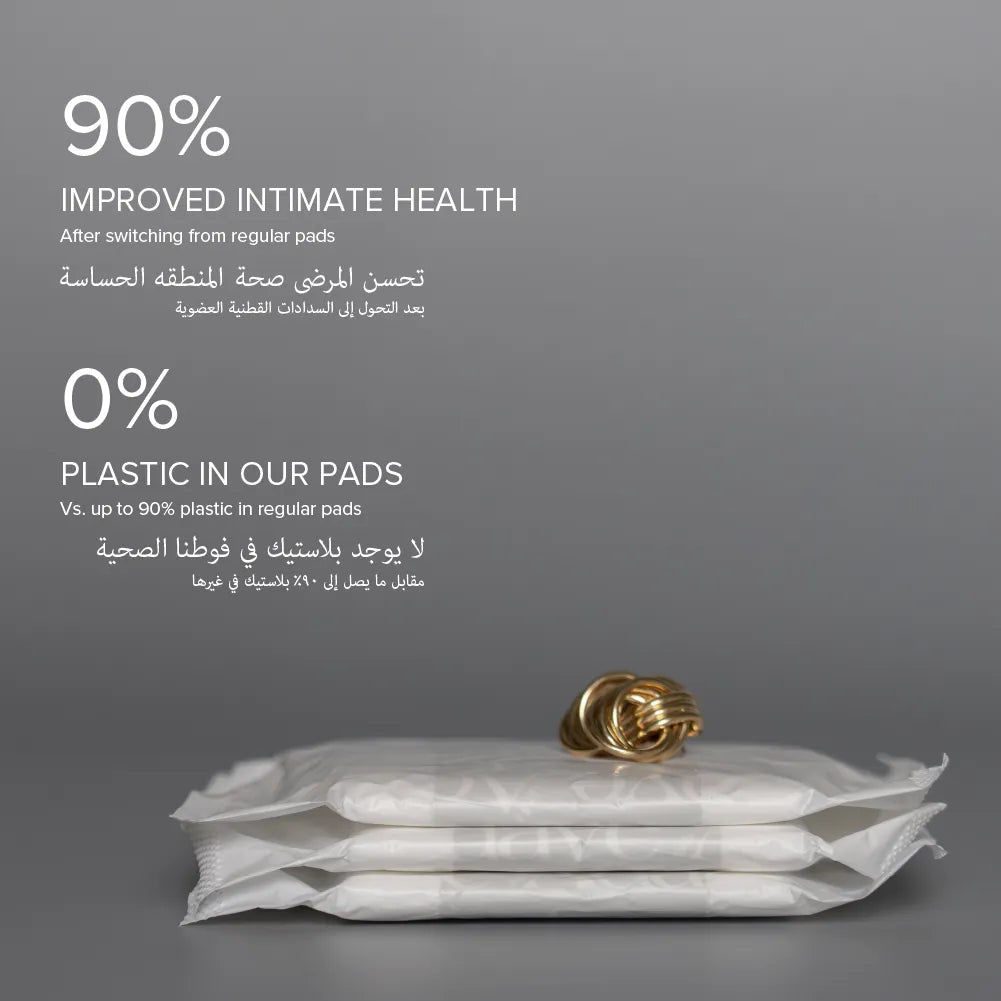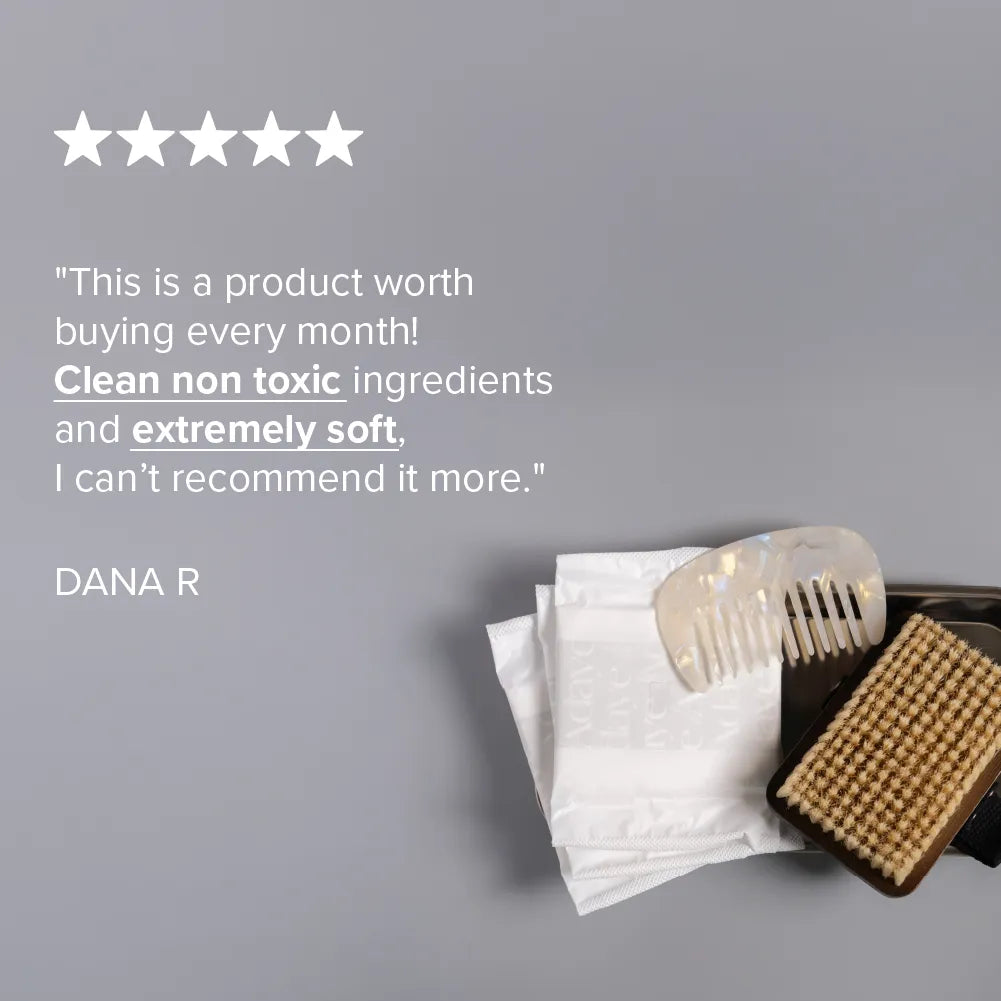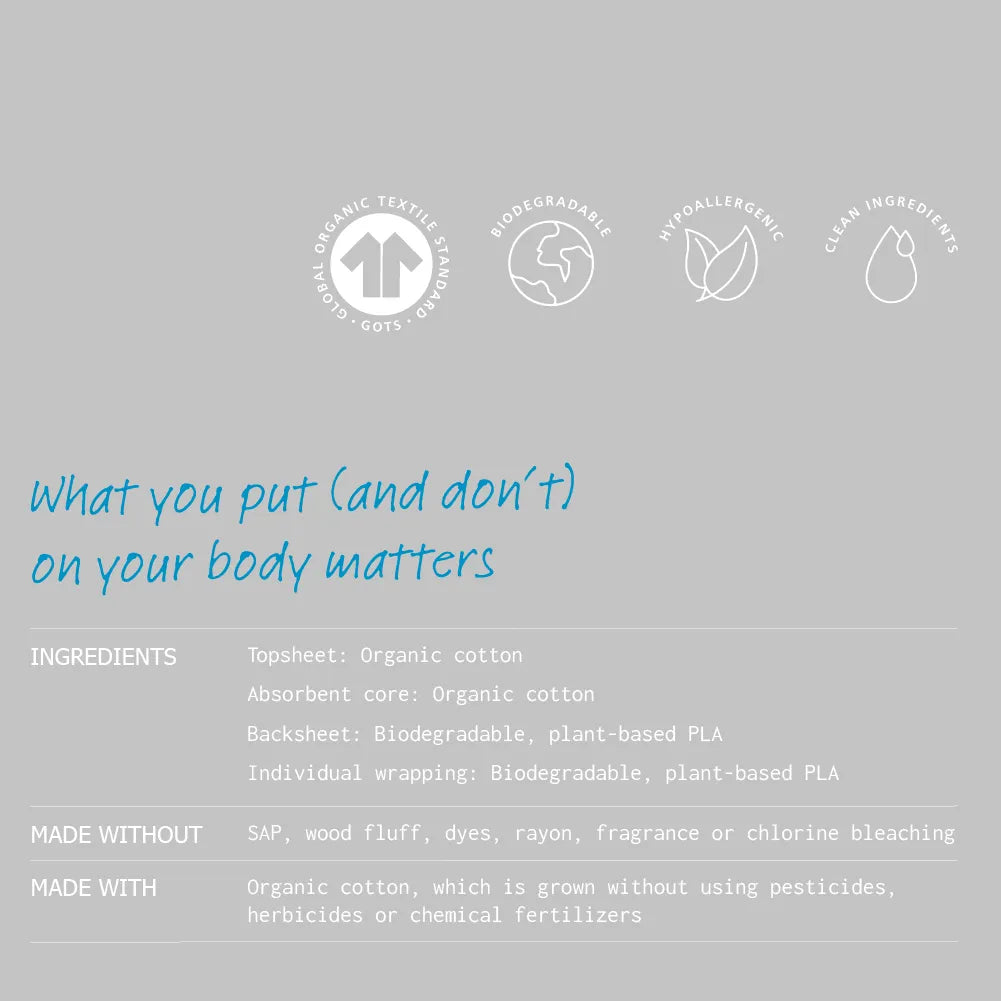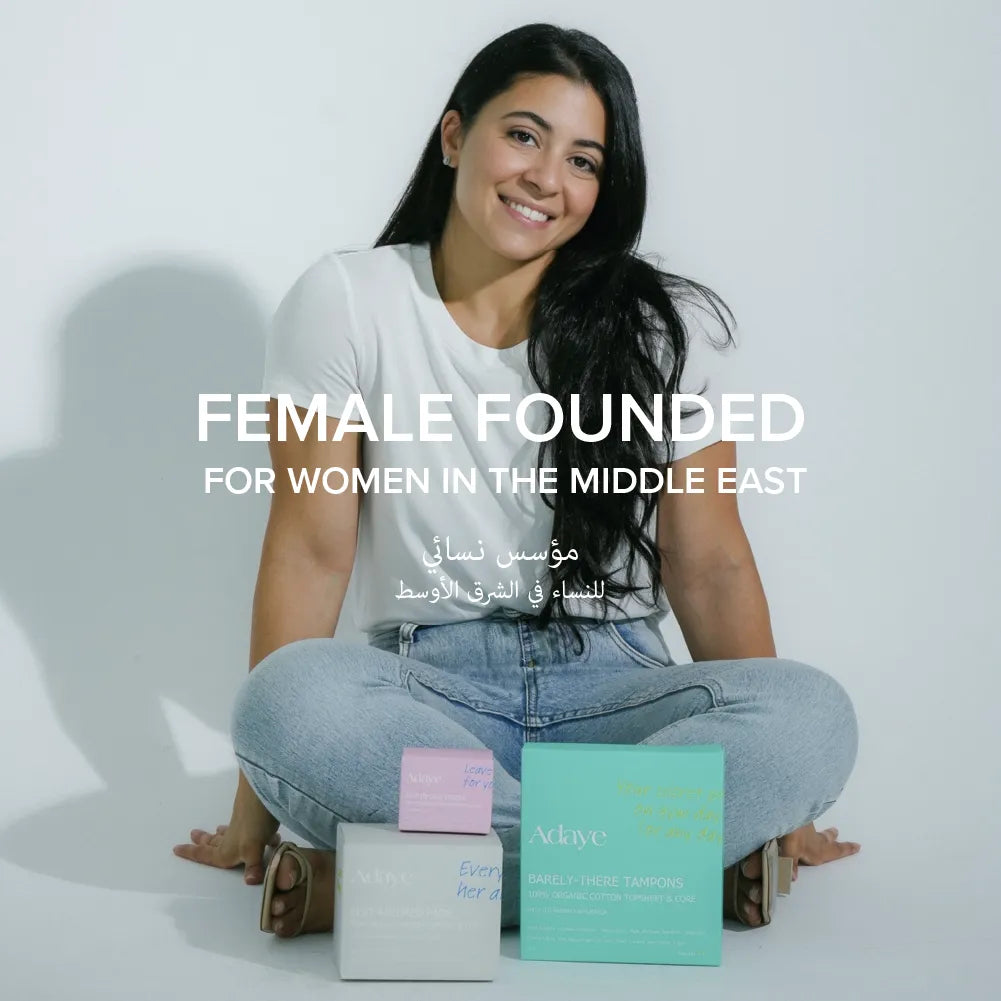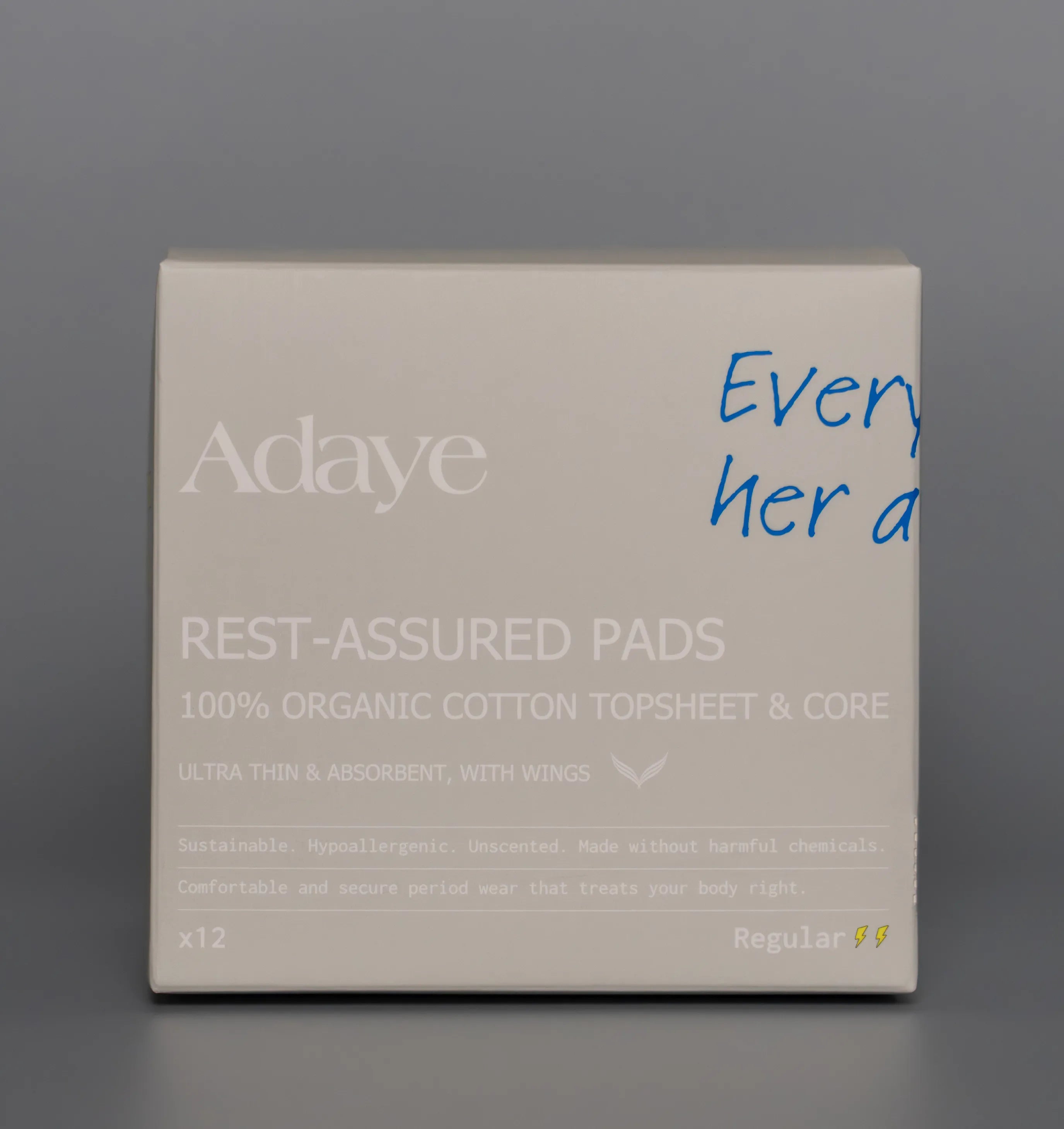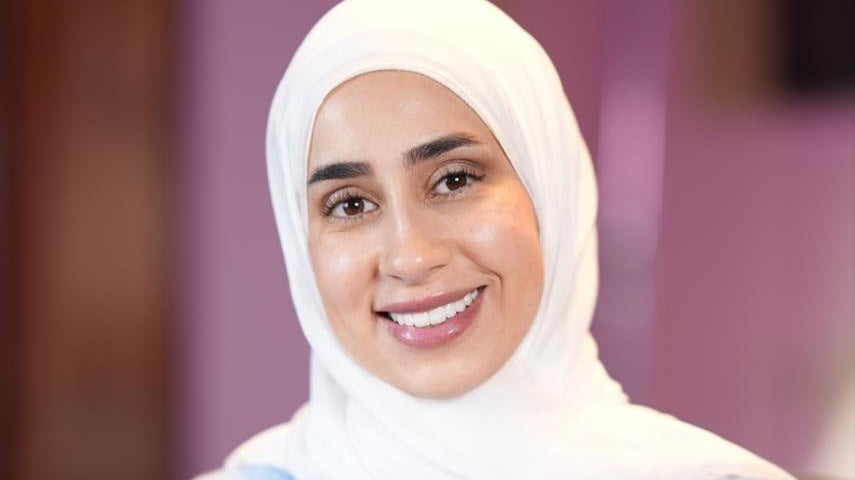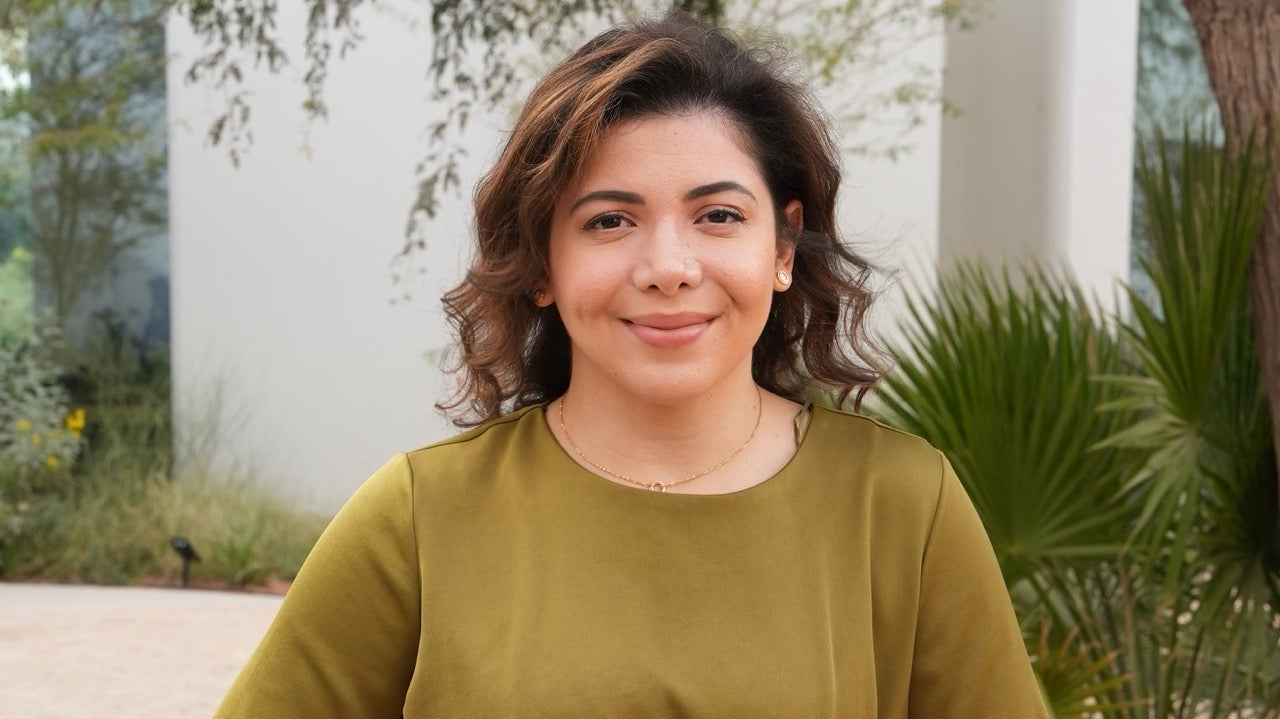Hey Beautiful Souls,
Let’s have a real talk today about something that doesn't get nearly enough attention — menstrual and gynecological health in the Gulf Cooperation Council (GCC) region. We’re diving deep into the realities faced by many women here and how the unique challenges in this region impact our well-being. You might be surprised by what we uncover, but it’s all about empowering ourselves with knowledge. So, grab a cup of tea, and let’s get into it!
The Hidden Struggle: PCOS in the GCC
Polycystic Ovary Syndrome (PCOS) is a common condition globally, but did you know that women in the GCC are facing this challenge at a much higher rate? The pooled prevalence of PCOS here is a staggering 18.8% — that’s almost three times higher than in the Levant and Persian regions. This means nearly 1 in 5 women in the Gulf are dealing with the often painful and frustrating symptoms of PCOS, from irregular periods to severe acne and hair growth issues. It’s a condition that’s easy to overlook but impossible to ignore when it’s your reality.
PCOS isn’t just about the discomfort; it’s a serious health issue that can have long-term consequences if left untreated. Yet, many women are still not getting the support and treatment they need due to lack of awareness or access to healthcare. This is why talking about it, sharing our stories, and spreading information is crucial.
Uterine Fibroids and Adenomyosis: Silent Predators
When we talk about menstrual health, uterine fibroids and adenomyosis need to be part of the conversation, especially in the Middle East. These conditions are more common than you might think, with pooled prevalence rates of around 30.6% and 30.8%, respectively, among women undergoing hysterectomy. That’s almost a third of women dealing with these conditions!
Fibroids and adenomyosis can cause heavy periods, severe cramping, and in some cases, can even lead to fertility issues. Yet, they often go undiagnosed for years. Why? Because many women are taught to accept severe menstrual pain as “normal.” It’s not. If your period is controlling your life, it’s time to see a healthcare provider who can offer the right treatment options.
The Weight of Obesity on Women’s Health
Here’s another crucial topic: the impact of obesity on gynecological health. In the Gulf region, a staggering 70-75% of the population is overweight or obese. This isn’t just a number — it’s a significant health crisis that’s doubling the risk of gynecological diseases and menstrual disorders among women.
Obesity increases the risk of developing PCOS, fibroids, and other menstrual irregularities. It also complicates existing conditions, making symptoms more severe and treatment more challenging. But the good news is that lifestyle changes, even small ones, can make a big difference. Incorporating more movement into your day, making mindful food choices, and managing stress can all help in improving your overall well-being.
The Unseen Enemy: Environmental Toxins
Living in an industrialized world has its perks, but it also comes with exposure to environmental toxins that can wreak havoc on our health. In the GCC, this exposure is particularly concerning, with many studies suggesting a link between these toxins and increased gynecological morbidity.
From air pollution to chemical exposure in everyday products, these toxins can contribute to hormonal imbalances and other reproductive health issues. This is why choosing clean, organic products for your body and home isn’t just a trend—it’s a necessity. At Adaye, we’re all about creating products that protect you from these harmful effects while also being kind to our planet.
Taking Charge of Your Health
Ladies, it’s time to take control of our health stories. Whether you’re dealing with PCOS, uterine fibroids, or simply trying to navigate the challenges of modern life in the GCC, know that you’re not alone. We need to support each other, share our experiences, and demand better healthcare.
At Adaye, we believe that menstrual health is a vital part of overall well-being. That’s why we’re committed to providing products that are safe, effective, and designed with your health in mind. Our 100% organic cotton pads and tampons are not just a choice for you, but a statement for better health standards across the region.
Organic Menstrual Care
Let’s start a movement, ladies—a movement for better menstrual health, for breaking the silence around gynecological issues, and for making informed choices that support our well-being. It’s time to speak up, seek the care we deserve, and choose products that are as good for our bodies as they are for the planet.
Stay strong, stay informed, and remember, Adaye is here for you every step of the way.
-
SOURCES
- Mousa, M., Al-Jefout, M., Alsafar, H., Kirtley, S., Lindgren, C. M., Missmer, S. A., Becker, C. M., Zondervan, K. T., & Rahmioglu, N. (2021). Prevalence of common gynecological conditions in the Middle East: Systematic review and meta-analysis. Frontiers in Reproductive Health, 3, Article 661360. https://doi.org/10.3389/frph.2021.661360


